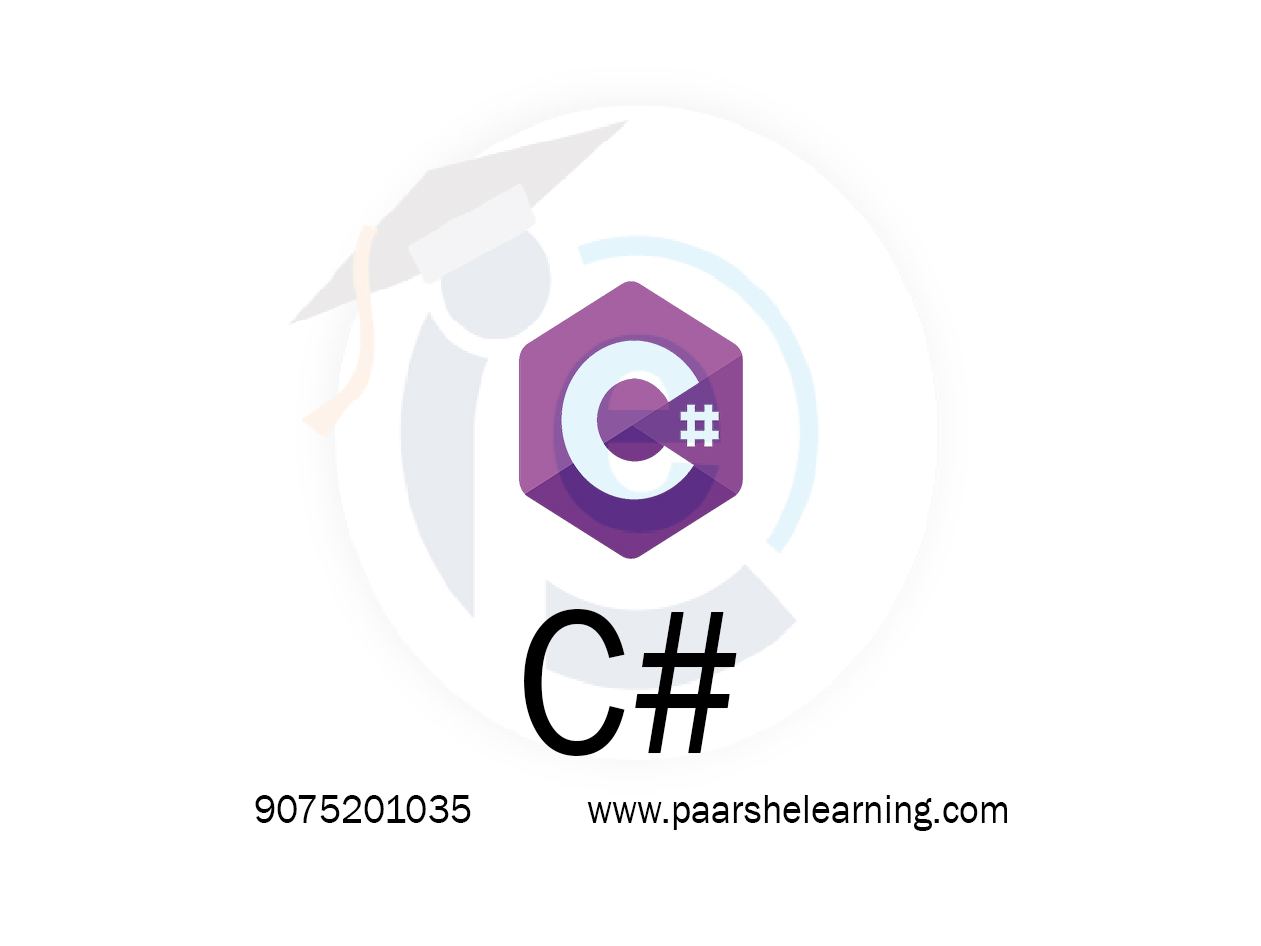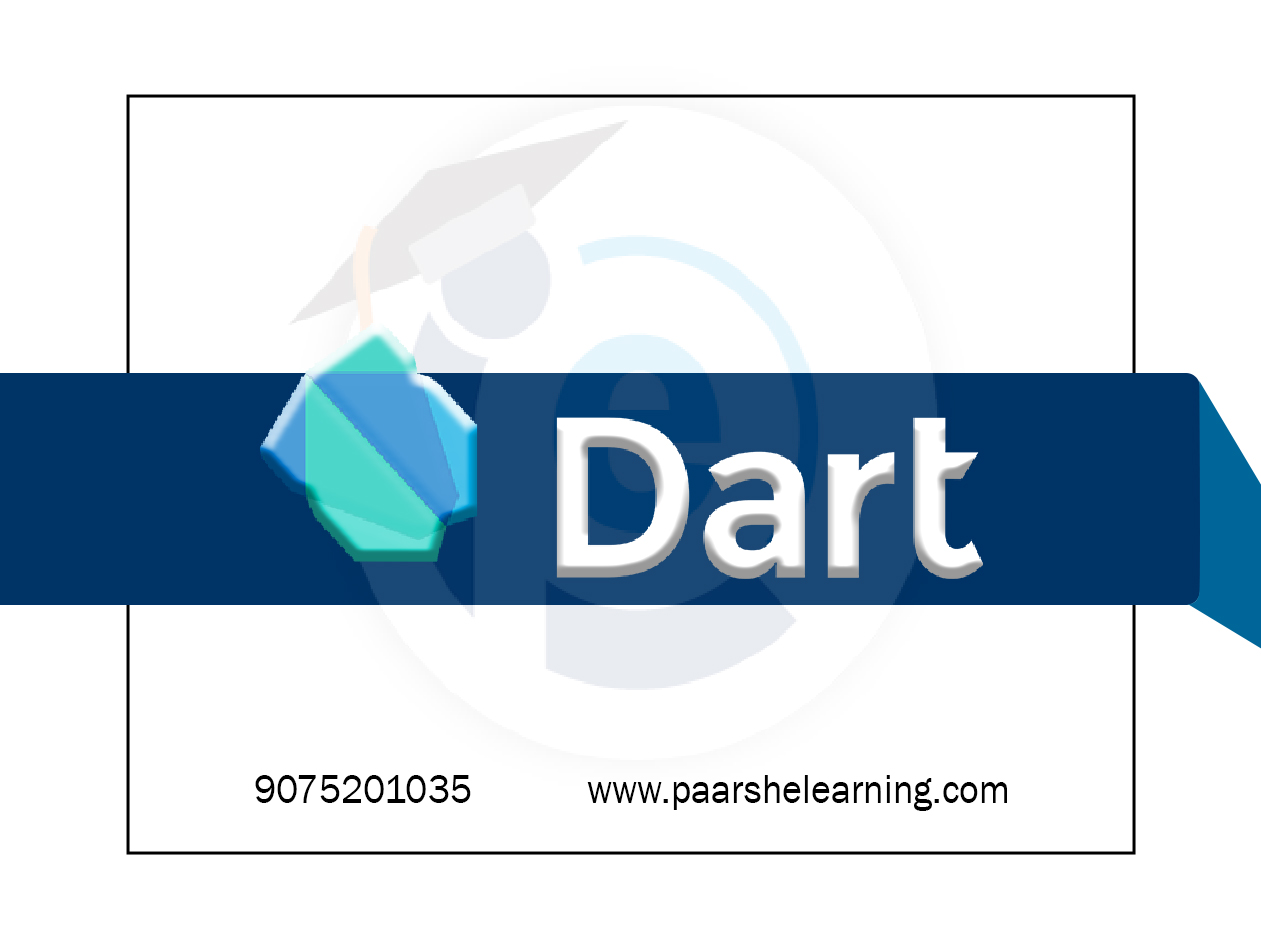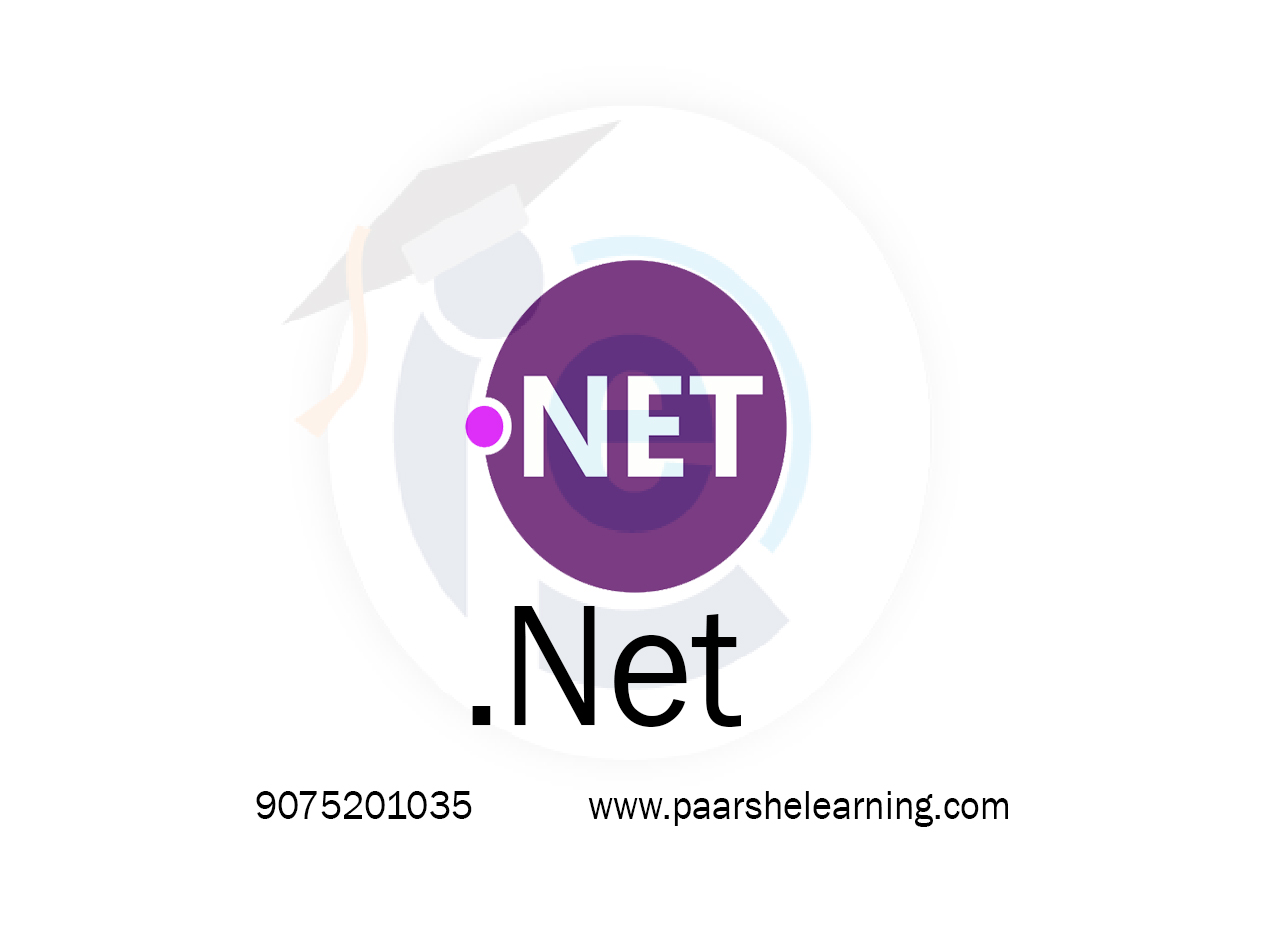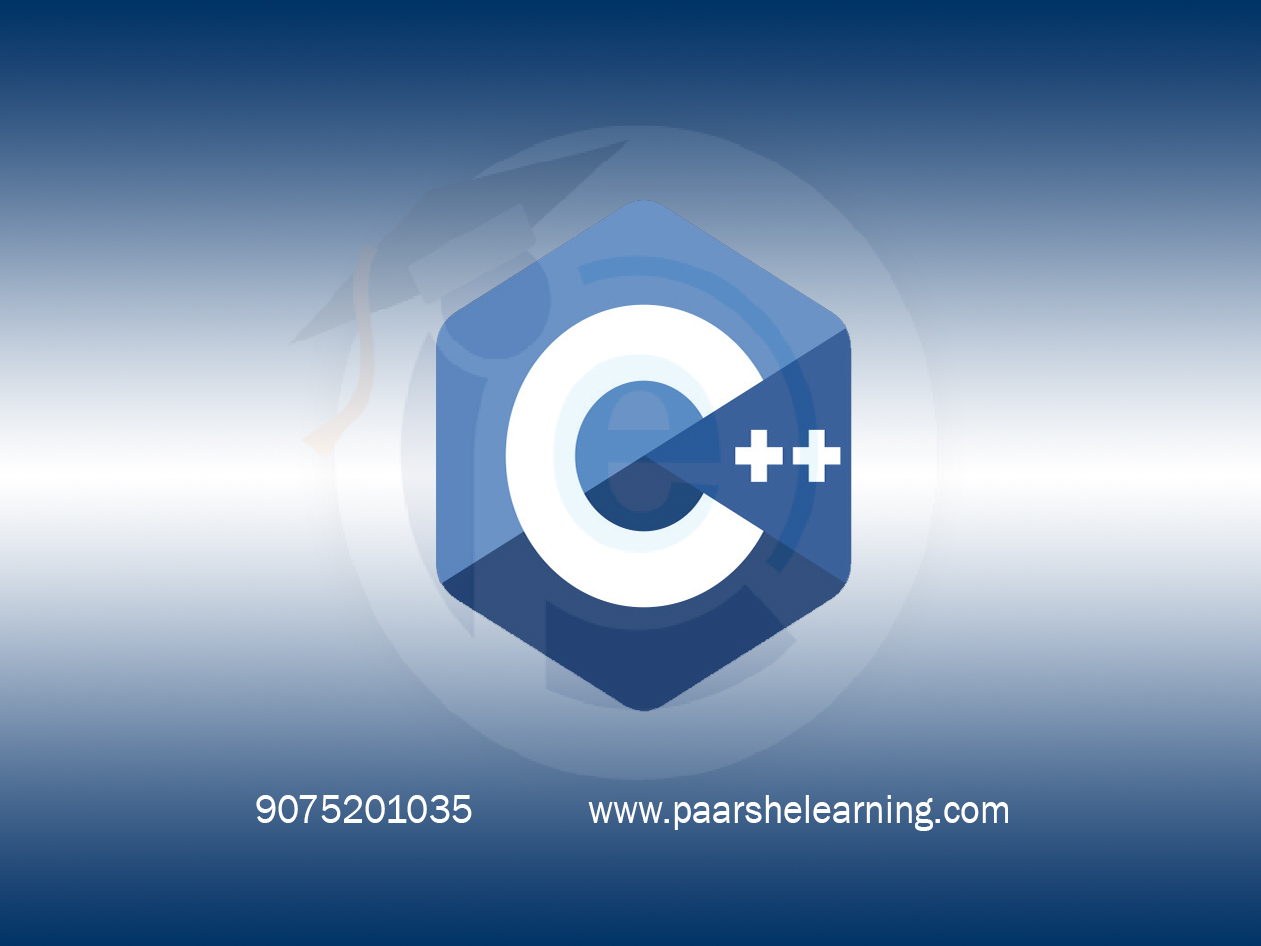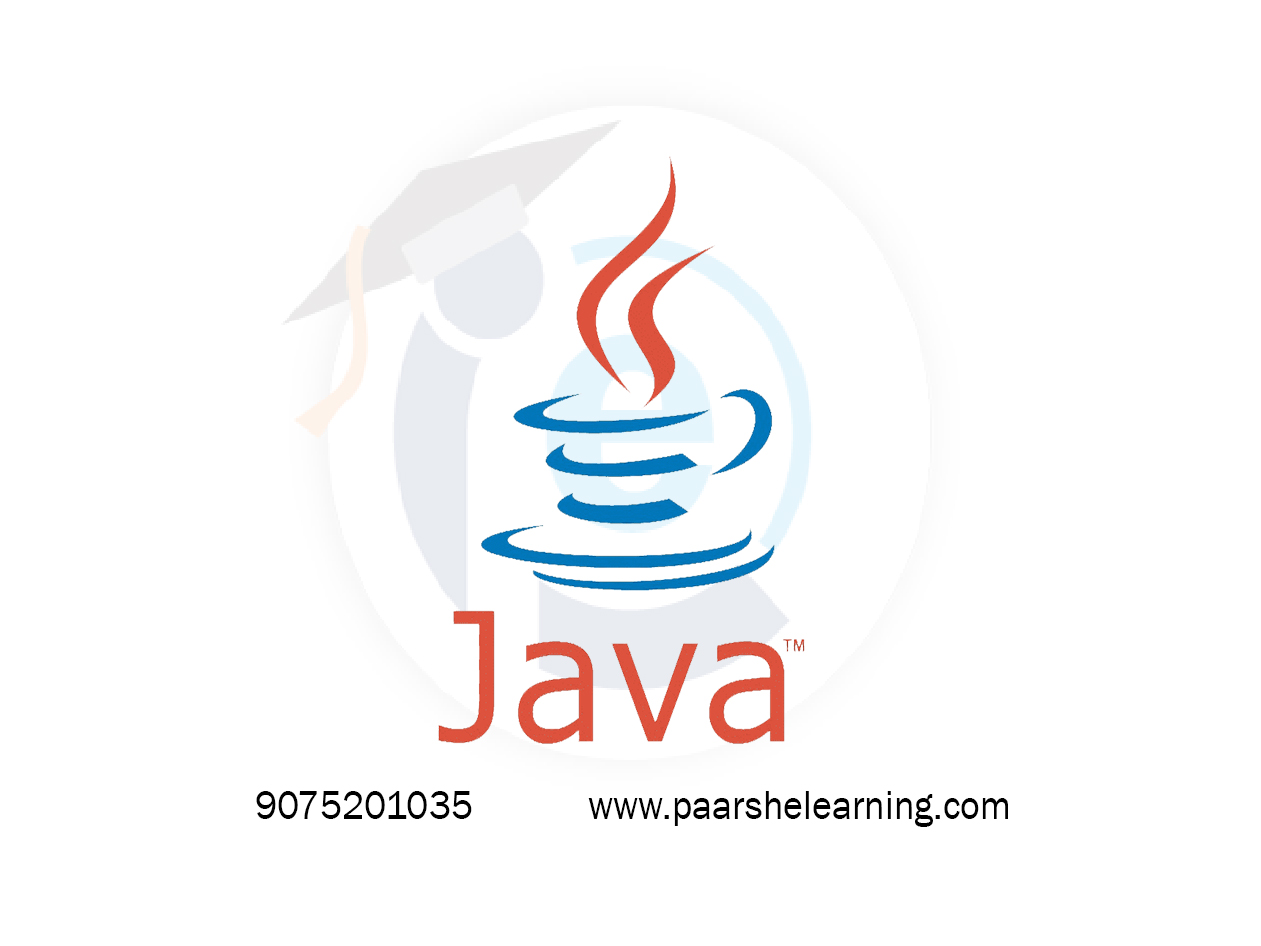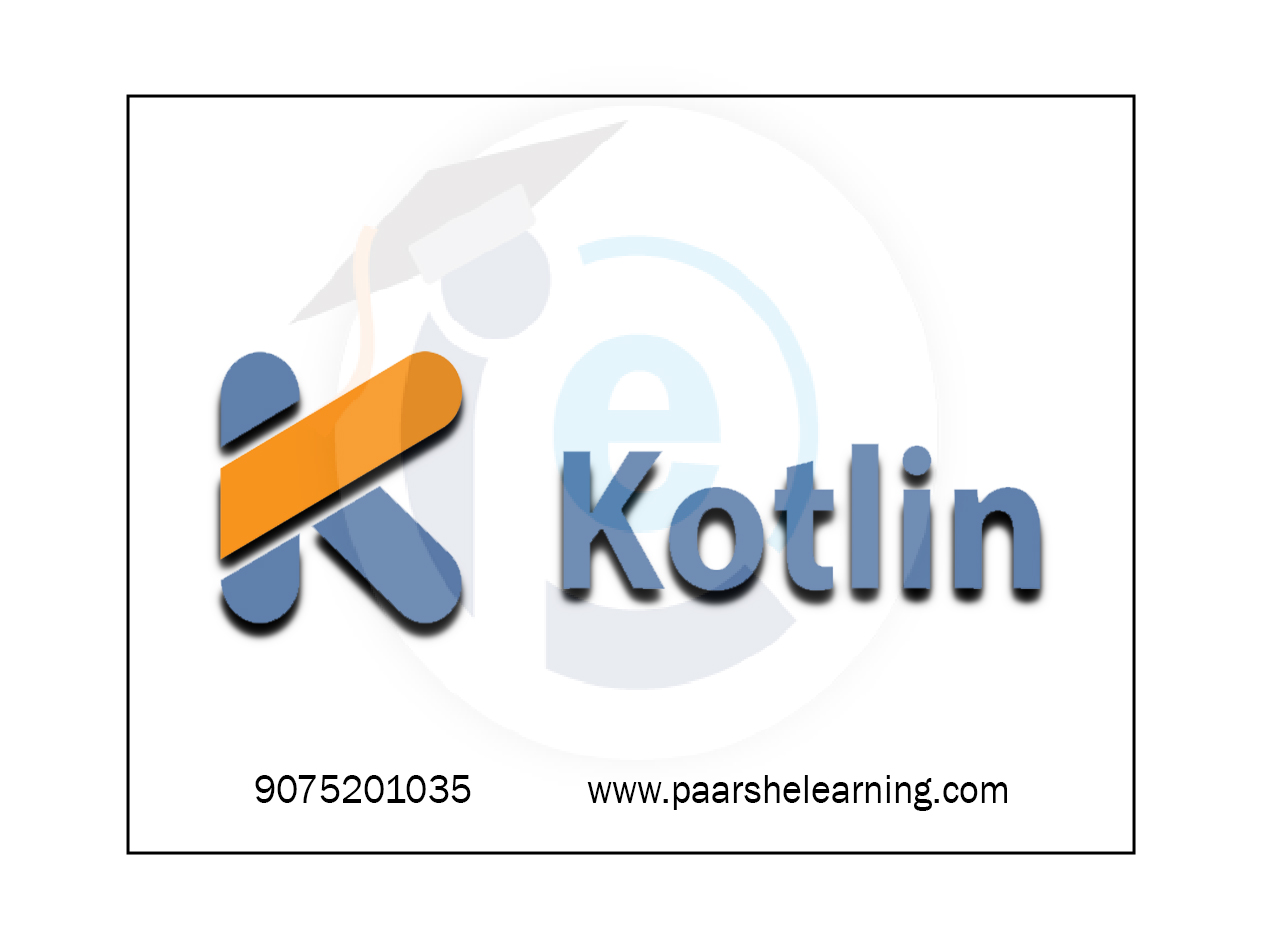- Introduction to C#: An overview of the C# language and its key features, including data types, control structures, classes, and objects.
- Object-oriented programming: An in-depth look at object-oriented programming concepts like classes, objects, inheritance, and polymorphism.
- C# syntax: An exploration of C# syntax, including basic syntax rules, keywords, and operators.
- Variables and data types: An overview of C# data types, including primitive types, strings, arrays, and collections.
- Control structures: An exploration of C# control structures, including if/else statements, loops, and switch statements.
- Methods and functions: An overview of methods and functions in C#, including method overloading, parameters, and return types.
- Exception handling: An introduction to exception handling in C#, including try/catch blocks and finally blocks, File I/O: An exploration of file input and output in C#, including reading and writing to text files.
- Windows Forms: An introduction to building desktop applications with Windows Forms, including creating GUIs, handling events, and using controls.
- ASP.NET: An overview of building web applications with ASP.NET, including creating web pages, handling requests and responses, and working with databases.
- LINQ: An exploration of Language Integrated Query (LINQ), including querying data sources and manipulating data with LINQ operators.
- Threading and asynchronous programming: An introduction to threading and asynchronous programming in C#, including creating and managing threads, and using async and await keywords.
- Overall, a C# course can teach you the fundamentals of the C# language and how to use it to build a variety of applications, from desktop applications to web applications. Whether you're a beginner or an experienced developer, a C# course can help you expand your skillset and advance your career in software development.
C#
Course description
C# is a modern, high-level programming language developed by Microsoft. It is designed to be simple, modern, and type-safe, making it easy for developers to write efficient and reliable code. C# is widely used for building Windows desktop applications, web applications, games, and mobile apps, and it is a popular language for building applications that run on the .NET Framework and .NET Core.
Here are some of the key features of C#:
-
Object-oriented programming: C# is an object-oriented language, which means that it is designed to work with objects, classes, and inheritance.
-
Type-safe: C# is a type-safe language, which means that it helps to prevent common programming errors by enforcing strict type checking at compile time.
-
Garbage collection: C# includes automatic garbage collection, which means that it automatically manages memory allocation and deallocation, freeing developers from having to manually manage memory.
-
Strongly-typed: C# is a strongly-typed language, which means that it requires variables to be declared with a specific data type.
-
LINQ: C# includes support for Language Integrated Query (LINQ), which provides a powerful way to query and manipulate data in a type-safe and efficient manner.
-
Asynchronous programming: C# supports asynchronous programming, which allows developers to write code that executes concurrently without blocking the main thread.
-
Cross-platform: C# is cross-platform, which means that it can run on a variety of platforms, including Windows, Linux, and macOS.
Overall, C# is a powerful and versatile language that is widely used for building a wide range of applications. Whether you're interested in desktop development, web development, game development, or mobile app development, C# has the tools and features you need to build high-quality and reliable applications.
What you will learn from this course?
This course includes!
- Daily Live session
- A recorded session with problem-solving material
- Access on Mobile and TV
- Certificate of completion
- Recommendation Letter
- Free lifetime access
- Resume building sessions
- 100% Job Placement
This course is for
- Beginner programmers: If you are new to programming, a C# course can be a great place to start. C# is a modern, high-level language that is designed to be easy to learn, making it a great choice for beginners.
- Experienced programmers: If you are an experienced programmer looking to expand your skillset, a C# course can help you learn a new language and become proficient in building desktop applications, web applications, and more.
- Web developers: C# is a popular language for building web applications with ASP.NET, making it a great choice for web developers looking to build powerful and scalable web applications.
- Desktop developers: C# is also a great choice for building desktop applications with Windows Forms, making it a great choice for desktop developers looking to build rich, interactive desktop applications.
- Game developers: C# is a popular language for building games with game engines like Unity, making it a great choice for game developers looking to build games for a variety of platforms.
- Overall, a C# course can be useful for anyone interested in learning a versatile and modern programming language that can be used to build a variety of applications, from desktop applications to web applications, and even games.
Prerequisites for this course
- Basic programming knowledge: You should have some basic programming knowledge, such as understanding of basic programming concepts like variables, data types, control structures, and functions.
- Familiarity with object-oriented programming: C# is an object-oriented language, so it's helpful to have some familiarity with object-oriented programming concepts like classes, objects, inheritance, and polymorphism.
- Knowledge of a programming language: While not strictly required, it can be helpful to have some prior experience with a programming language like Python, Java, or C++. This will help you understand programming concepts more quickly and easily.
- Understanding of basic computer science concepts: It can be helpful to have some understanding of basic computer science concepts like algorithms, data structures, and databases.
- Familiarity with Visual Studio: Visual Studio is the most popular IDE for C# development, so it can be helpful to have some familiarity with it.
C# Language Syllabus
-
Introduction To C# Programming
Understanding the importance and applications of C# Setting up the development environment (Visual Studio) Basics of C# syntax and structure Writing and running your first C# program
-
Variables, Data Types, And Operators
Introduction to data types: int, float, string, etc. Working with variables and constants Using arithmetic, relational, and logical operators Typecasting and operator precedence
-
Control Flow And Decision Making
Implementing if, else if, and else statements Working with switch-case statements Using loops: for, while, do-while Using break and continue statements
-
Methods And Functions
Defining and calling methods Passing arguments and returning values Method overloading and parameters Understanding scope and visibility
-
Object-oriented Programming (oop) In C#
Introduction to classes and objects Defining attributes and methods in classes Constructors and initialization Encapsulation, inheritance, and polymorphism
-
Exception Handling And Debugging
Handling exceptions using try-catch blocks Throwing and propagating exceptions Debugging techniques in Visual Studio Using the Debugger and Breakpoints
-
Collections And Linq
Working with arrays, lists, dictionaries, and sets Understanding LINQ (Language Integrated Query) Performing queries and transformations using LINQ Exploring extension methods and lambda expressions
-
File I/o, Interfaces, And Advanced Concepts
Reading and writing files in C# Understanding streams and readers/writers Implementing interfaces and multiple inheritance Introduction to async programming and tasks
-
Paarsh E-Learning encourages hands-on practice and assignments throughout the course to reinforce students' understanding of C# programming concepts. Assign projects that gradually increase in complexity to challenge their skills. Cover both theoretical concepts and practical coding exercises to provide a well-rounded learning experience.
